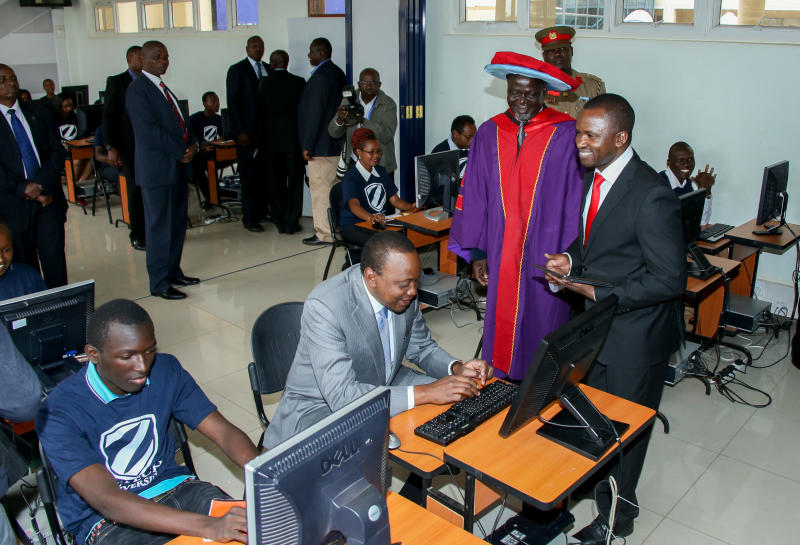×
The Standard e-Paper
Kenya’s Boldest Voice

As digital technologies transform the world, Kenyan universities lack some of the latest skills in their computer science degree curricula, a pilot study by the World Bank on the local ICT labour market has revealed.
Researchers analysed bachelor of science and master of science degrees offered at the School of Computing and Informatics at the University of Nairobi, along with similar degrees at Moi University.